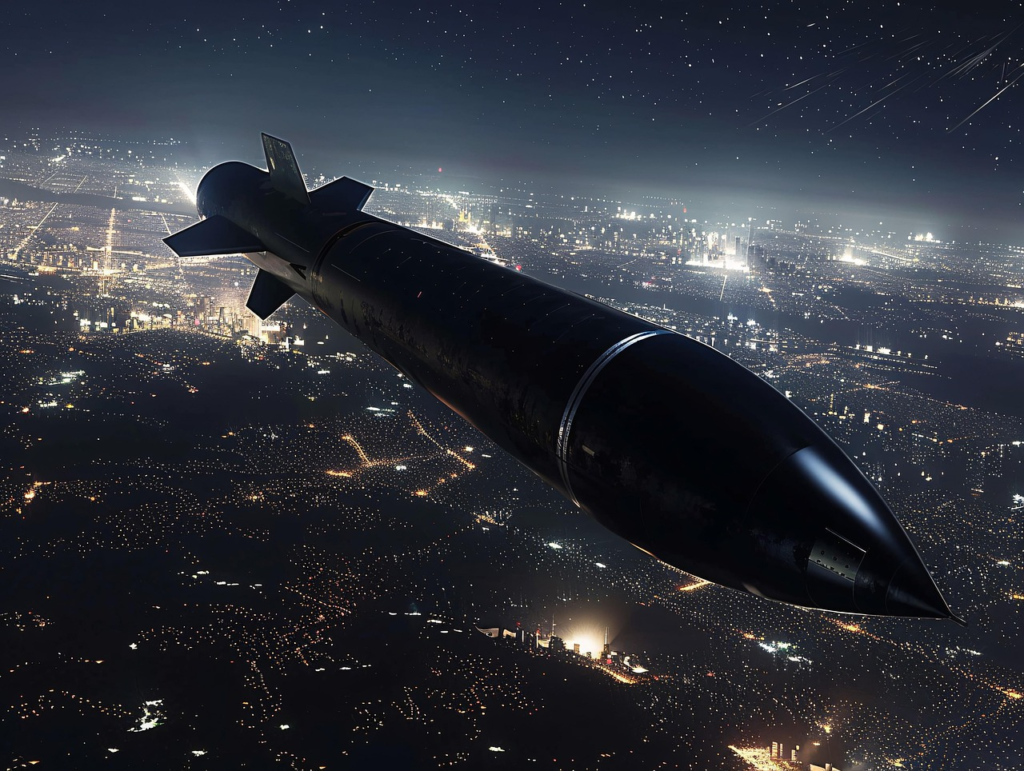The world watches with rising concern as tensions between Iran and Israel reach dangerous new heights. What started as regional disputes and issues has now pulled in major powers, creating a situation that could affect millions of innocent people across the Middle East and beyond.

Iran has spent decades building one of the Middle East’s most extensive missile programs. Their weapons can reach targets up to 3,000 kilometers away, covering virtually every corner of the region. The Iranian arsenal includes sophisticated systems like the Kheybar Shekan (1,450 km range), Fattah hypersonic missiles (1,400-1,500 km), and the Ghadr-110 (2,000-3,000 km range). Iranian officials have maintained a self-imposed limit of around 2,000 kilometers since 2015, suggesting they don’t intend to threaten Europe directly.

What makes this particularly concerning is how close American military bases sit to Iranian territory. The largest US facility in the region, Al Udeid Air Base in Qatar, houses 10,000 troops and sits just 389 kilometers from Iran. Naval Support Activity Bahrain, headquarters of the US Fifth Fleet, is only 581 kilometers away. Most worrying, Kuwait’s border lies just 23 kilometers from Iran – meaning missiles could reach American forces there in mere minutes.
President Trump recently announced he would take two weeks to decide whether America should join Israel’s military campaign against Iran. This pause came after he had already approved attack plans, suggesting his team realized something important: Iranian retaliation could devastate nearby US bases before American forces could properly relocate.

The numbers tell the story. America has roughly 40,000 troops spread across the Middle East, with billions of dollars in equipment and infrastructure. Moving this massive presence takes months or years, not weeks. Satellite images already show evacuations beginning at major bases, with families of military personnel being moved to safety.
Behind all these military calculations lie real human consequences. Iranian missile strikes have already hit Israeli. Israeli strikes have killed hundreds in Iran. Each escalation brings more suffering to ordinary families who simply want to live in peace.

The economic impact spreads far beyond the region. Oil prices jump with every new threat, affecting fuel costs worldwide. International shipping faces disruption through crucial waterways. Global markets tremble with uncertainty.
On the other hand, Oman stands out as a remarkable example of diplomatic wisdom. The Sultanate has quietly maintained relationships with all sides, offering its territory as neutral ground for discussions. Oman’s balanced approach shows how nations can choose dialogue over destruction.

This isn’t Oman’s first-time playing peacemaker. The country has historically served as a bridge between opposing forces, using quiet diplomacy rather than loud threats. Their example demonstrates that smaller nations can make enormous contributions to world peace through patient, principled leadership.
The world cannot stand by while this crisis spirals toward wider war. Every nation has a responsibility to speak up for peace and push all parties toward negotiation rather than military action.

Israel must recognize that military solutions cannot bring lasting security. Iran needs to understand that threatening neighboring countries only increases international isolation. America should use its influence to calm tensions rather than escalate them.International organizations, from the United Nations to regional groups, must step forward with concrete proposals for de-escalation. Economic powers should use trade relationships to encourage restraint. Even ordinary citizens can pressure their governments to prioritize diplomacy over military action.
The current crisis shows how quickly regional tensions can threaten global stability. But it also reveals opportunities for wise leadership and peaceful solutions. Countries like Oman prove that principled diplomacy still works in our troubled world.
The choice before us is clear: continue down the path toward wider conflict, or choose the harder but more rewarding road of negotiation and compromise. The future of millions depends on making the right decision and making it soon






